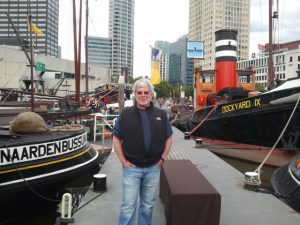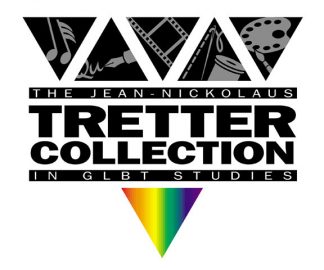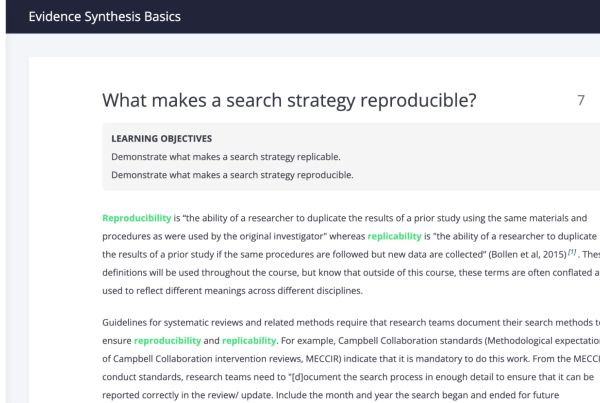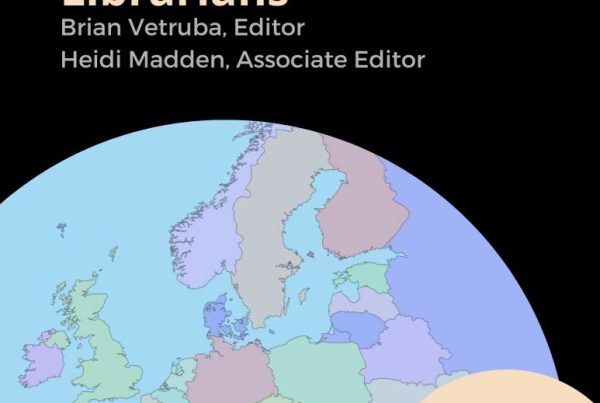Leading a non-profit organization takes heaps of on-the-job training, trial and error, and headfirst self-confidence, but for Will Hegeman, it’s worth it.
Non-profits aren’t Hegeman’s first career, or even his second. He originally went to college for English and art history, getting his bachelor’s degree at Lake Forest College in Chicago and his master’s at the University of Minnesota.
The plan was to pursue a doctorate in English literature and move back east, where he grew up. But shortly after finishing his master’s in 1971, the humanities market tanked.
His wife, Gail, completed her doctorate in clinical psychology and started working at the Wilder Child Guidance Clinic in St. Paul, and Hegeman pivoted from academia to journalism, writing as an art critic for the Minneapolis Tribune (before it became the Star Tribune in 1987), Art News magazine in New York, and other arts-focused periodicals.
For six years, Hegeman clacked away on his electric typewriter, pushing out 500-word columns and stressing over deadlines. Though he enjoyed covering the art scene, Hegeman decided to move into the world of advertising and marketing.
The gravity of helping people
In 1994 he accepted a position as the communications and marketing director for the Minnesota Museum of American Art in St. Paul.
Eventually, Hegeman grew frustrated with the “eat what you kill” model, where a person’s compensation correlates to how much business they draw in. The nonprofit sector, by contrast, is focused on actually helping people and communities, instead of upselling services to attract corporate clients, he said.
“The focus is really on, ‘What are we doing that can make a difference? What is the responsible way we spend the money that we are entrusted with?’” Hegeman said.
When the museum closed for remodeling, Hegeman switched careers again, becoming the executive director for Feed My Starving Children, a Christian nonprofit that packs and distributes food to children in developing countries.
Hegeman took the weight of the work seriously. He remembers a personal, handwritten note, mailed to him by an elderly woman living in Chicago. The letter explained that even though she had very little disposable income, she was donating $25 because of how important their work was.
“That note for me was really one of the many reasons I was doing that work,” he said. “That was really what captured me.”
Very few people set out to become the executive director of a non-profit. The job is essentially raising money and being the organization’s public face. People are drawn to the role because they’re passionate about the mission and have ideas for what an organization could be and should do, he said.
So even though he admittedly knew nothing about global hunger relief or how to lead a non-profit, Hegeman was determined to learn.
“I have an ongoing perpetual curiosity, and I get bored easily with things that I already know,” he said. “So to be able to learn about things like global food distribution, I mean, that was cool.”
Staying on course
Throughout the last 20 years, Hegeman has served as an executive director for four non-profits, usually joining the team during a chaotic upheaval.
At Feed My Starving Children, he helped construct the organization’s internal structure, and determine what it should and needed to do.
For Hegeman, it’s “satisfying” to reorient the ship and bring it back on course. Besides navigating internal and external crises, this also involves rooting out “mission creep,” or when non-profits expand their goals past their capacity and stray from their original mission.
Hegeman then moved onto the First Unitarian Society of Minneapolis, where he served as executive director for six years. Afterwards, he became executive director of the Clouds in Water Zen Center, a Soto Zen Buddhist temple located in St. Paul, and helped relocate the organization from Lowertown to South Frogtown.
He’s also been the executive director of Sacred Ground Center for Spirituality, which trains spiritual directors.
These non-profits all have a spiritual bent, a fact that doesn’t escape Hegeman. He considers himself a spiritual person, and even once mulled over attending United Theological Seminary, before deciding that parish ministry wasn’t his calling. He is, however, ordained in the Zen tradition but isn’t a priest.
“I wasn’t really interested in the priesthood. I was really interested more in the discipline that practice represents,” Hegeman said. “Buddhist practices are very oriented around your own meditative focus. So in turn, that works to heal the world.”
Learning through teaching
Apart from supporting parishioners and spiritual leaders via non-profits, Hegeman hopes to heal the world by teaching.
He’s taught English as a second language for adult students, primarily those emigrating from Somalia, has taught for the University of Minnesota College of Continuing and Professional Studies, and most recently as a substitute teacher for Minneapolis Public Schools.
When his own children were attending the Minneapolis Public Schools, some programs and courses were cut due to inadequate staffing. So he got his reserve teaching license because he didn’t want students to get shortchanged in their education.
“There’s always opportunities for teaching, so I picked it up because I felt it was morally important,” Hegemen said. “It is our responsibility as parents and human beings to give the children the support they need, because that’s also how our democracy remains functional.”
He loves teaching at elementary schools, partly because his grandchildren are elementary aged, but also because of how excited they are to learn. He remembers recently seeing seven and eight year olds at Keewaydin Elementary School light up when they recognized a word or solved a math problem.
“I don’t know that as adults we have those moments quite as frequently,” he said. “But when you’re eight years old, you can have them almost every day in those classes. So it’s very cool.”
Hegemen carries that inquisitive spirit in everything he does, whether it’s reading Carlo Rovelli’s books about theoretical physics, learning how to manage non-profits, or deeping his spiritual connection. Anything to learn more about “the mysteries of the world.”







